After the teaser and the songs, Beyonse Sharma Jayegi and Tehas Nehas, the makers of Khaali Peeli have finally released the trailer of the movie. Well, the film was supposed to hit the big screens but the makers have decided a direct-to-digital release for it on Zee Plex.
Ishaan took to Instagram to share the trailer with everyone. He posted, “Jalwaaa ? #KhaaliPeeliTrailer out. Sound badhaa ke dekhna ?? YouTube link in bio. Film on 2nd October on @zeeplexofficial⚡️ @macriaan @ananyapanday @jaideepahlawat @ihimanshumehra @aliabbaszafar @yash.keswani.mumbai #SimaAgarwal @adilafsarz @sanchitbalhara @ankitbalhara @zeestudiosofficial @offsideent @zeemusiccompany.”
Well, the trailer is entertaining and it looks like a cat and mouse game between the leads and the villain (played by the very talented Jaideep Ahlawat). The highlight of the trailer is Ishaan and Ananya’s performance. Both the actors are seen in a totally different avatar and have got the Mumbaiya accent perfectly. Also, the dialogues are damn good in the trailer.
Khaali Peeli will release on Zee Plex on 2nd October 2020. It will be available on a pay per view basis.
A few days ago, the movie was in the news because of the song Beyonce Sharma Jayegi. The lyrics of the song were ‘Tujhe dekhke goriyan, Beyonce Sharma Jayegi’, and a lot of people on social media felt that the lyrics are racist. The makers have now changed the song to Duniya Sharma Jayegi.





 Priyanka Chopra calls herself nascent in Hollywood as 'Heads of State' streams on Prime VideoGetty Images
Priyanka Chopra calls herself nascent in Hollywood as 'Heads of State' streams on Prime VideoGetty Images  Priyanka Chopra wants to build her English film portfolio after Bollywood successGetty Images
Priyanka Chopra wants to build her English film portfolio after Bollywood successGetty Images 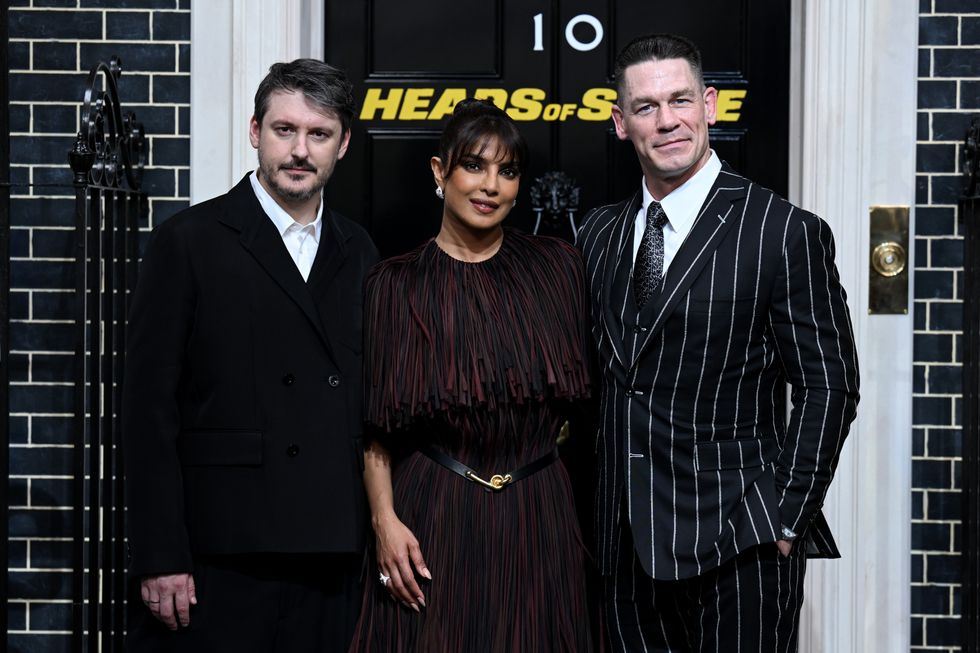 Ilya Naishuller, Priyanka Chopra and John Cena attend the special screening for "Head of State" Getty Images
Ilya Naishuller, Priyanka Chopra and John Cena attend the special screening for "Head of State" Getty Images








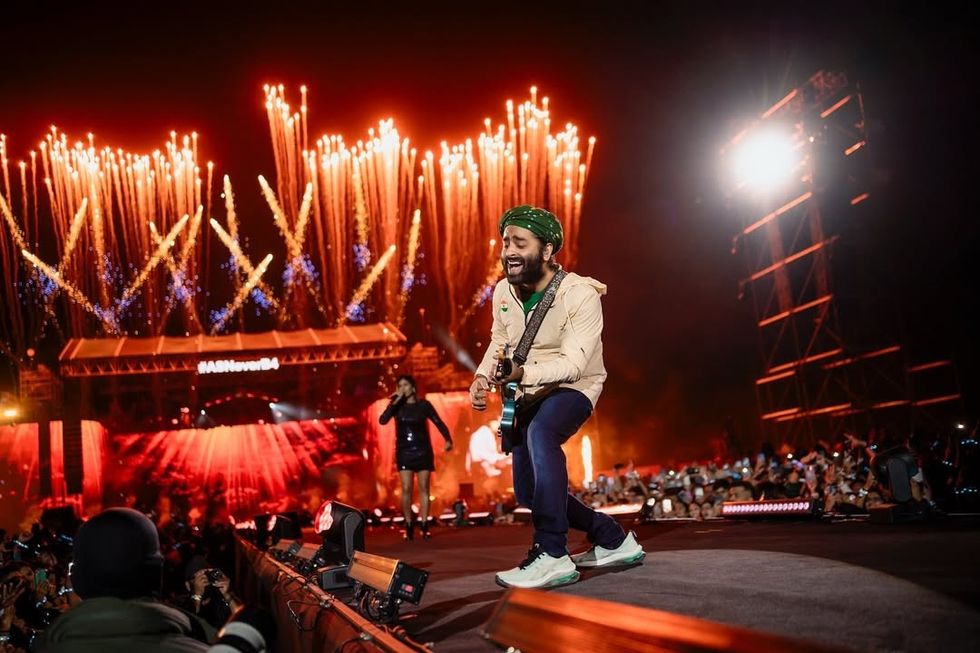 Arijit Singh performing Instagram/
Arijit Singh performing Instagram/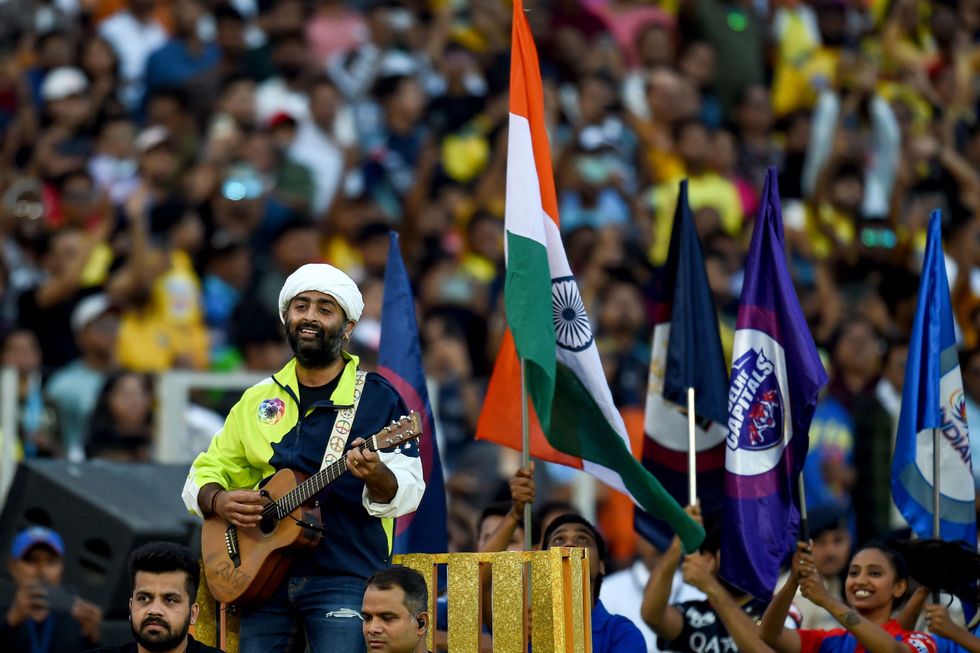 Arijit Singh clicked during a performance Getty Images
Arijit Singh clicked during a performance Getty Images 


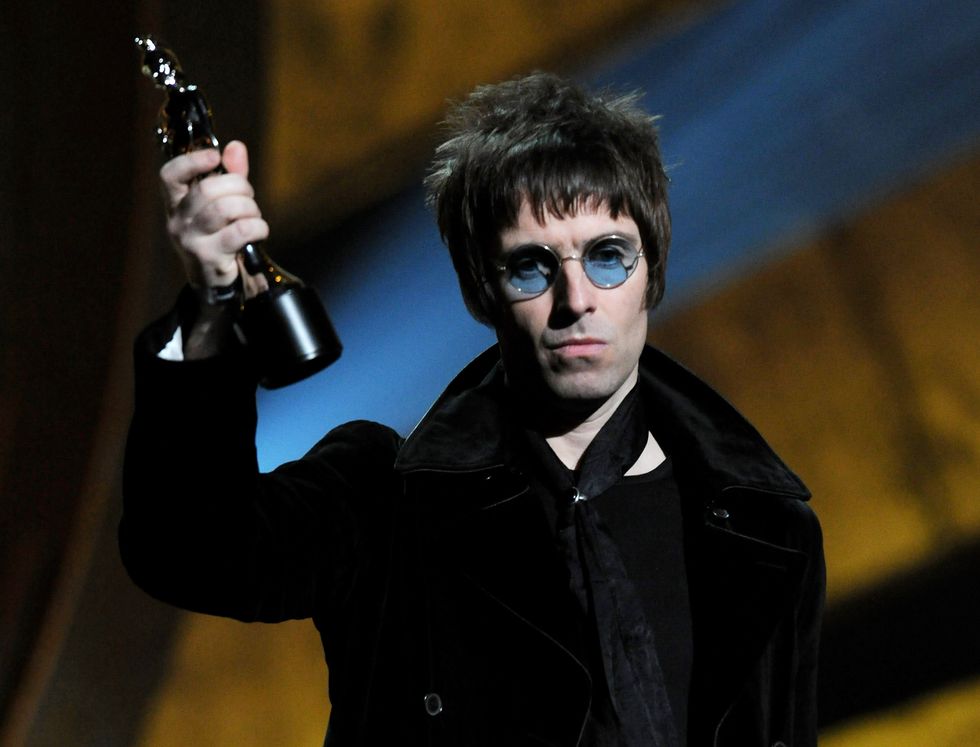 Liam Gallagher accepts Oasis' award for 'Best Album of 30 Years' Getty Images
Liam Gallagher accepts Oasis' award for 'Best Album of 30 Years' Getty Images  Liam Gallagher plays to a sell out crowd at the Universal AmphitheatreGetty Images
Liam Gallagher plays to a sell out crowd at the Universal AmphitheatreGetty Images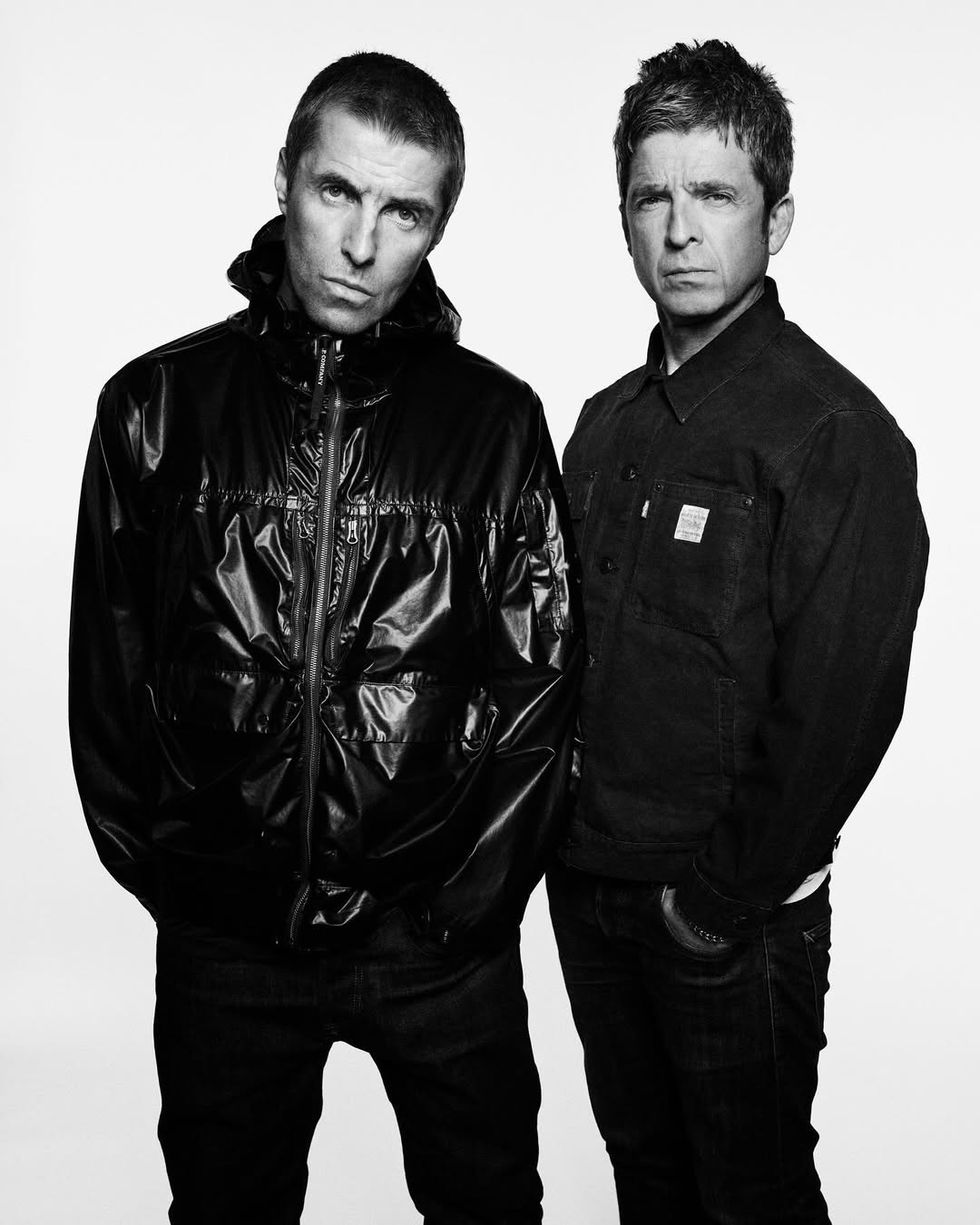 Liam and Noel Gallagher perform together in Cardiff for the first time since 2009 Instagram/oasis
Liam and Noel Gallagher perform together in Cardiff for the first time since 2009 Instagram/oasis